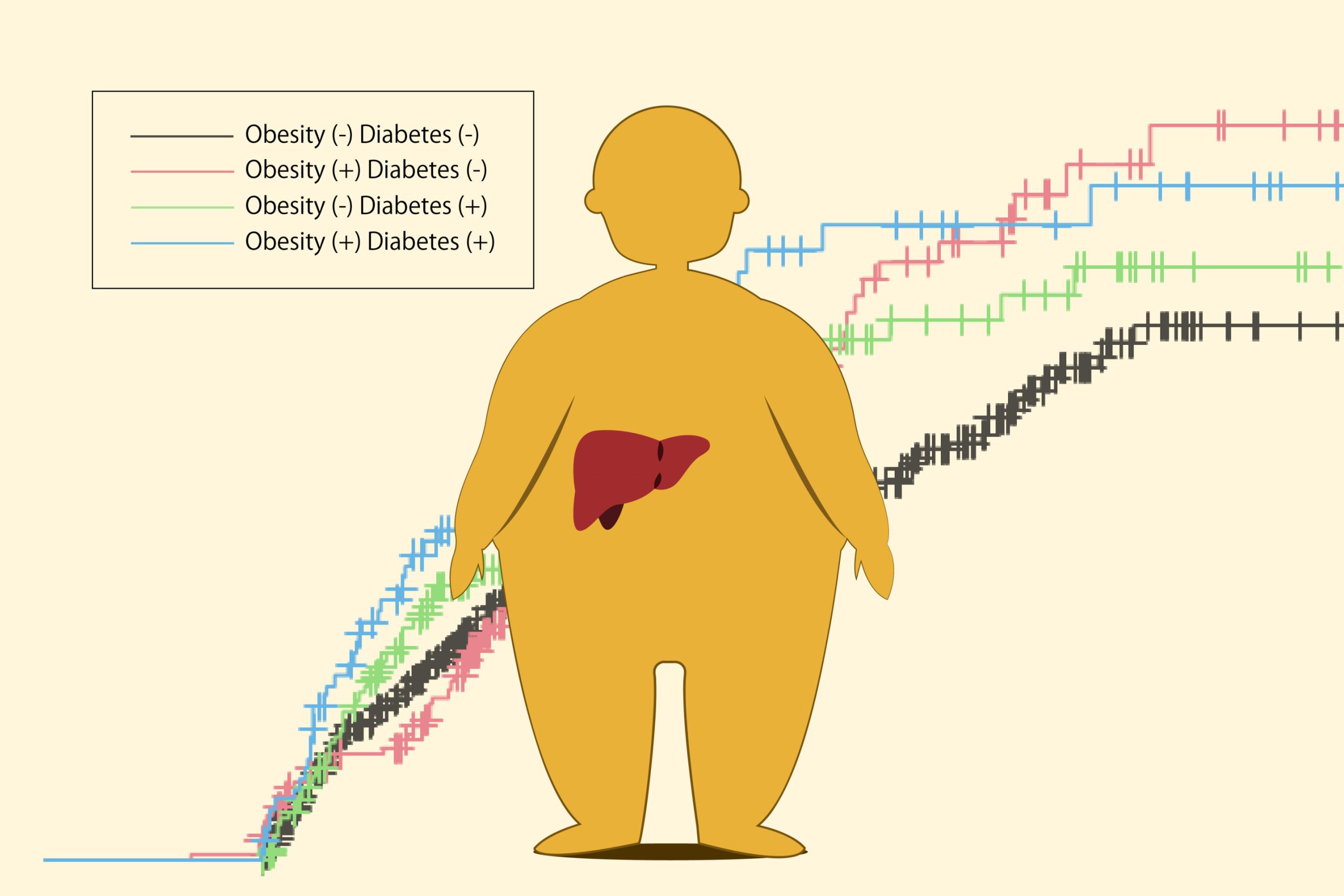
In a report issued by the American Society of Nephrology and published online Sept. 18 in the Journal of the American Society of Nephrology, guidance is presented for the management of obesity in persons with kidney disease.
T. Alp Ikizler, M.D., from Vanderbilt University Medical Center in Nashville, Tennessee, and colleagues developed kidney health guidance for management of obesity in persons living with kidney disease.
The authors note that weight loss can improve psychosocial functioning, including better mood, heightened quality of life, and slower progression of kidney disease, for patients with obesity and kidney disease. Effective obesity management remains challenging for patients with kidney disease and requires a multidisciplinary team and a combination of multiple interventions.
Clinicians should address health-related social needs and identify and treat common mental health comorbidities. Patients should be treated with sensitivity, and clinicians should consider their prior experiences of trauma, racism, discrimination, and weight bias. Lifestyle modification is the first-line therapy for weight loss, and should be implemented regardless of other therapeutic options used.
Antiobesity medications may be safe and beneficial for individuals with obesity and kidney diseases, with incretin mimetics representing the most effective and beneficial medications for those with kidney disease. Few trials of metabolic/bariatric surgery have included individuals with kidney disease, but evidence suggests that kidney disease should not be considered a contraindication to these procedures.
“Although the evidence for appropriate management of obesity is expanding in patients living with kidney diseases, gaps in knowledge and implementation require attention,” the authors write.
More information:
T. Alp Ikizler et al, ASN Kidney Health Guidance on the Management of Obesity in Persons Living with Kidney Diseases, Journal of the American Society of Nephrology (2024). DOI: 10.1681/ASN.0000000512
© 2024 HealthDay. All rights reserved.
Citation:
Guidance provided for management of obesity in kidney disease (2024, September 23)
retrieved 6 October 2024
from https://medicalxpress.com/news/2024-09-guidance-obesity-kidney-disease.html
This document is subject to copyright. Apart from any fair dealing for the purpose of private study or research, no
part may be reproduced without the written permission. The content is provided for information purposes only.


